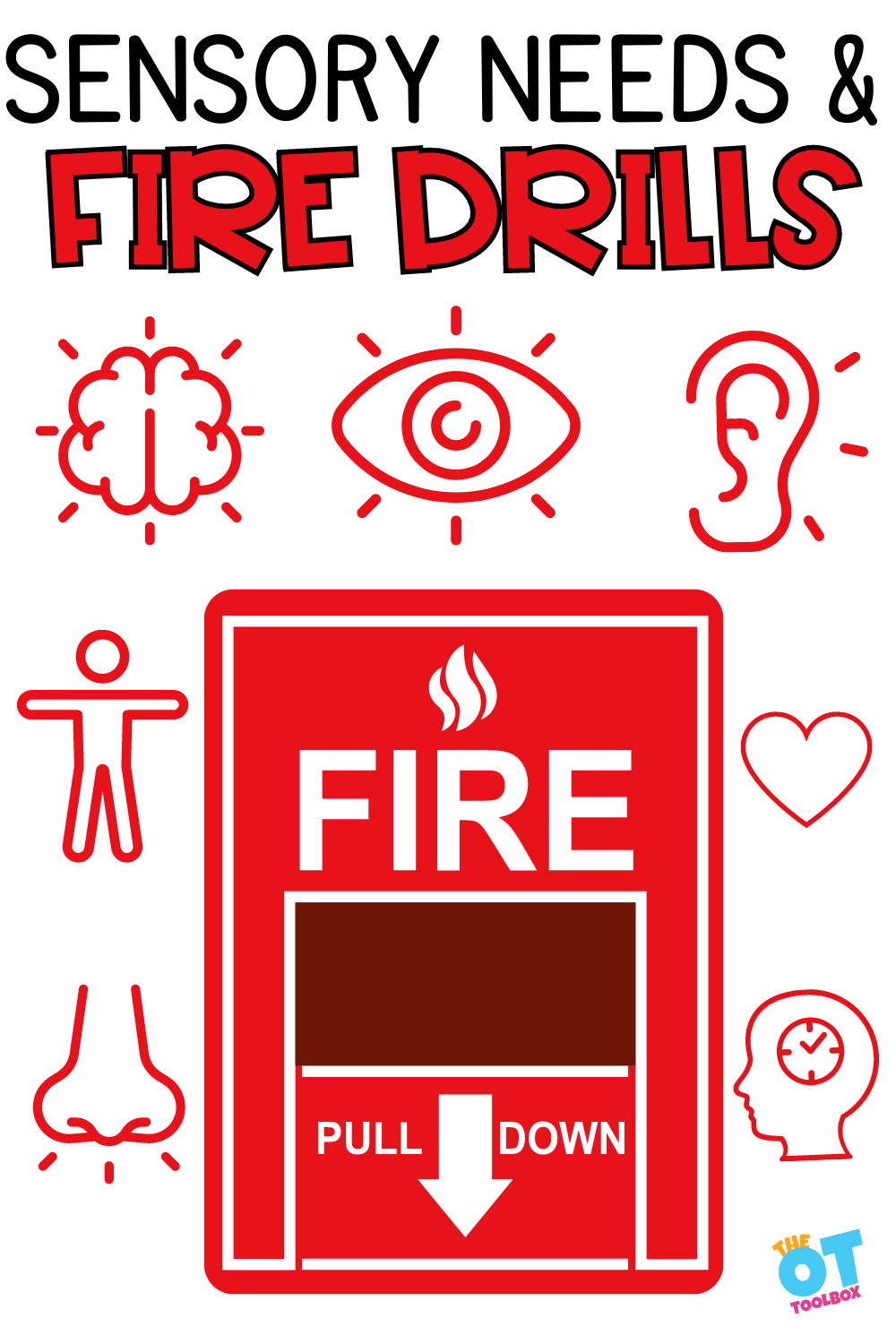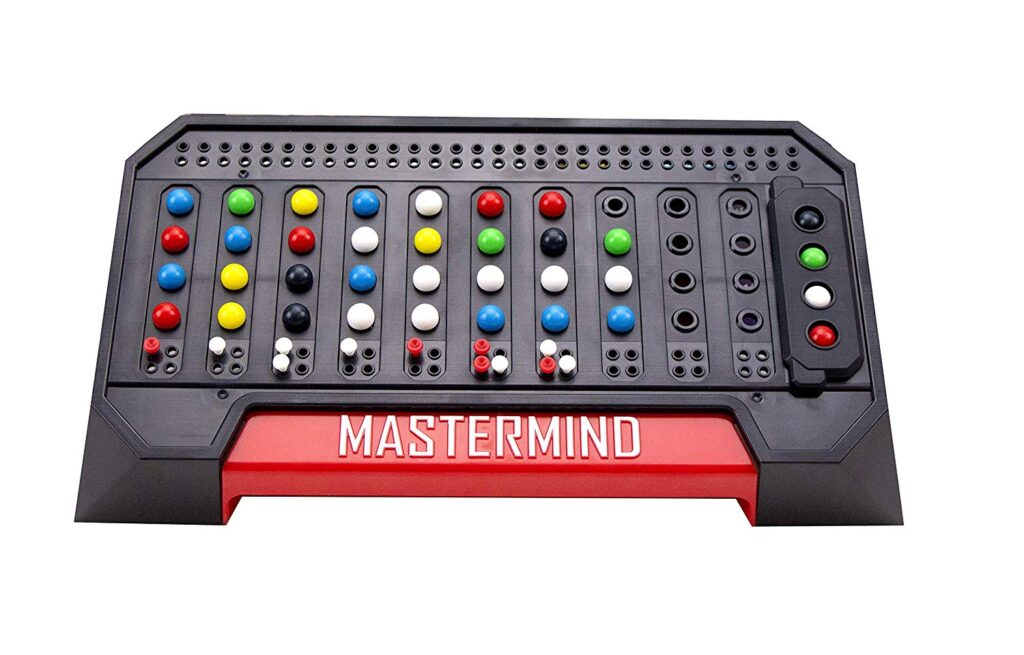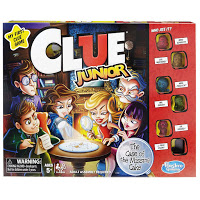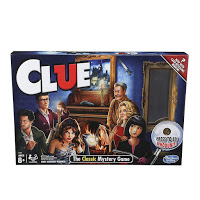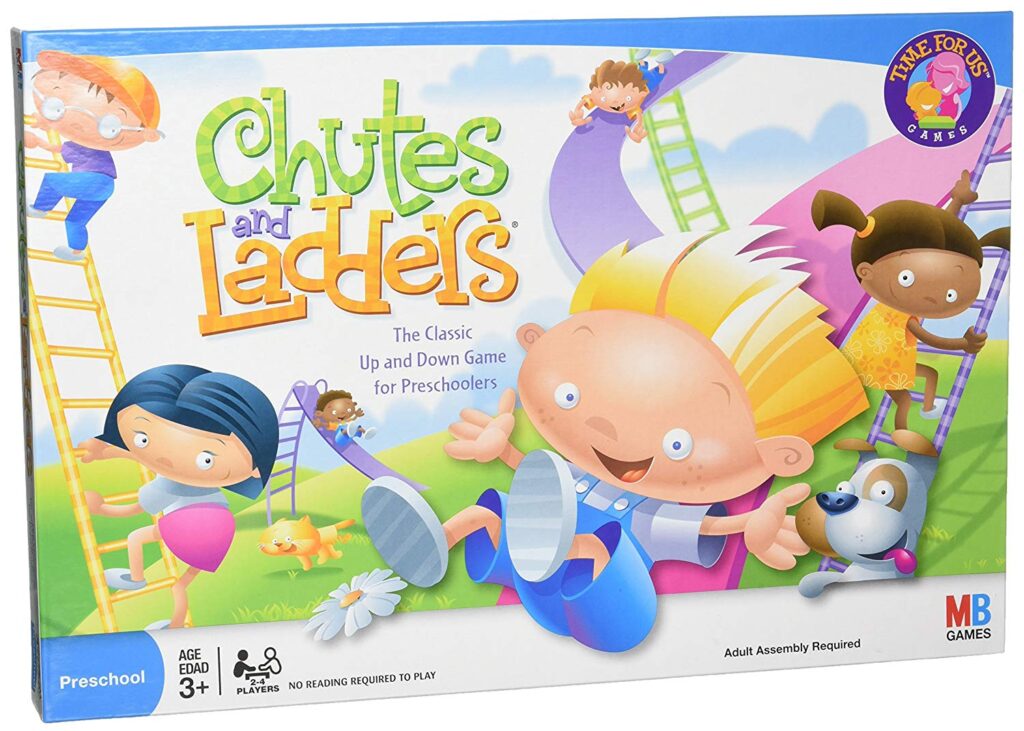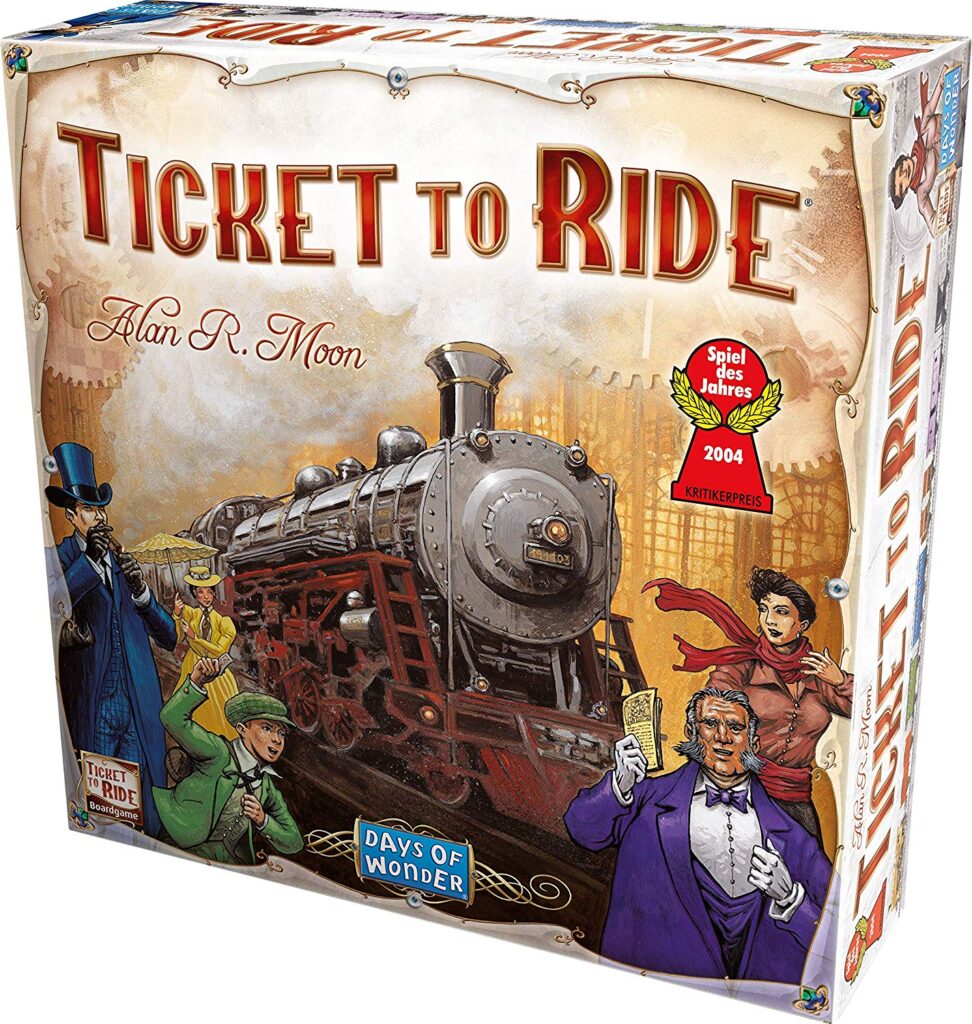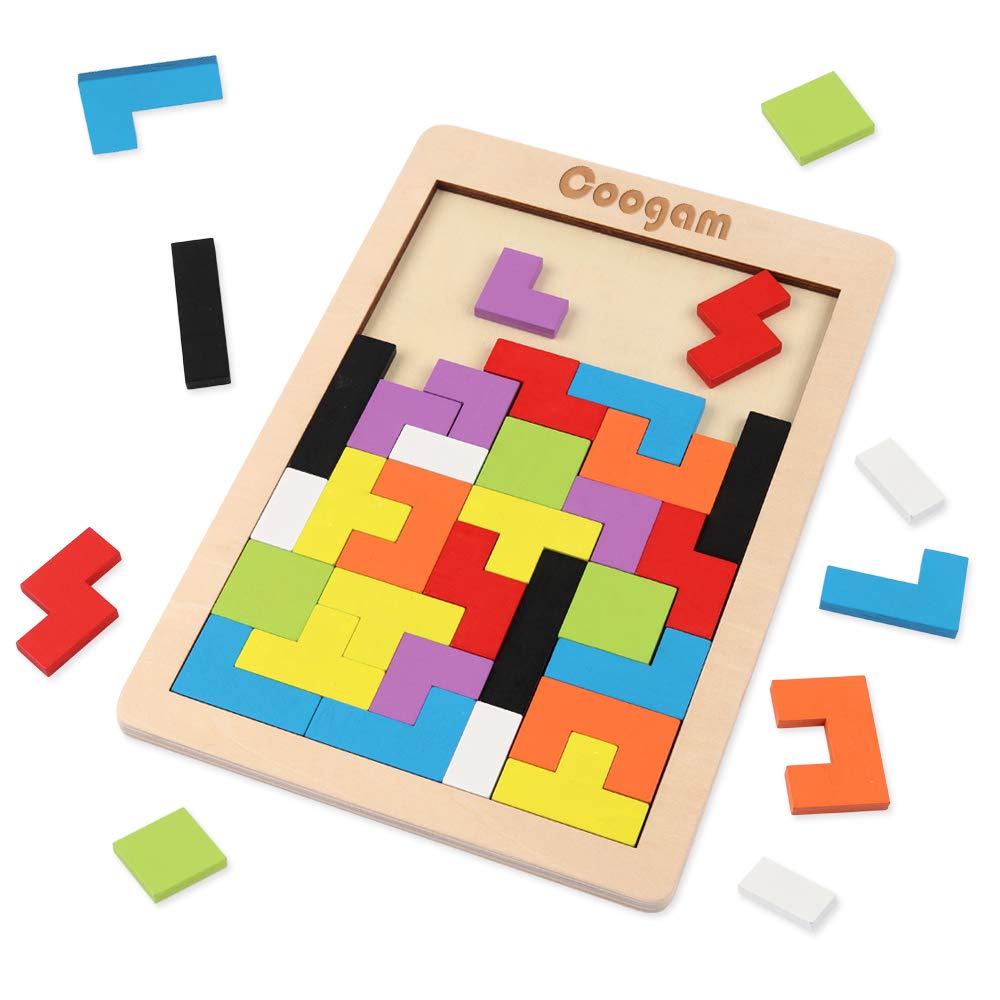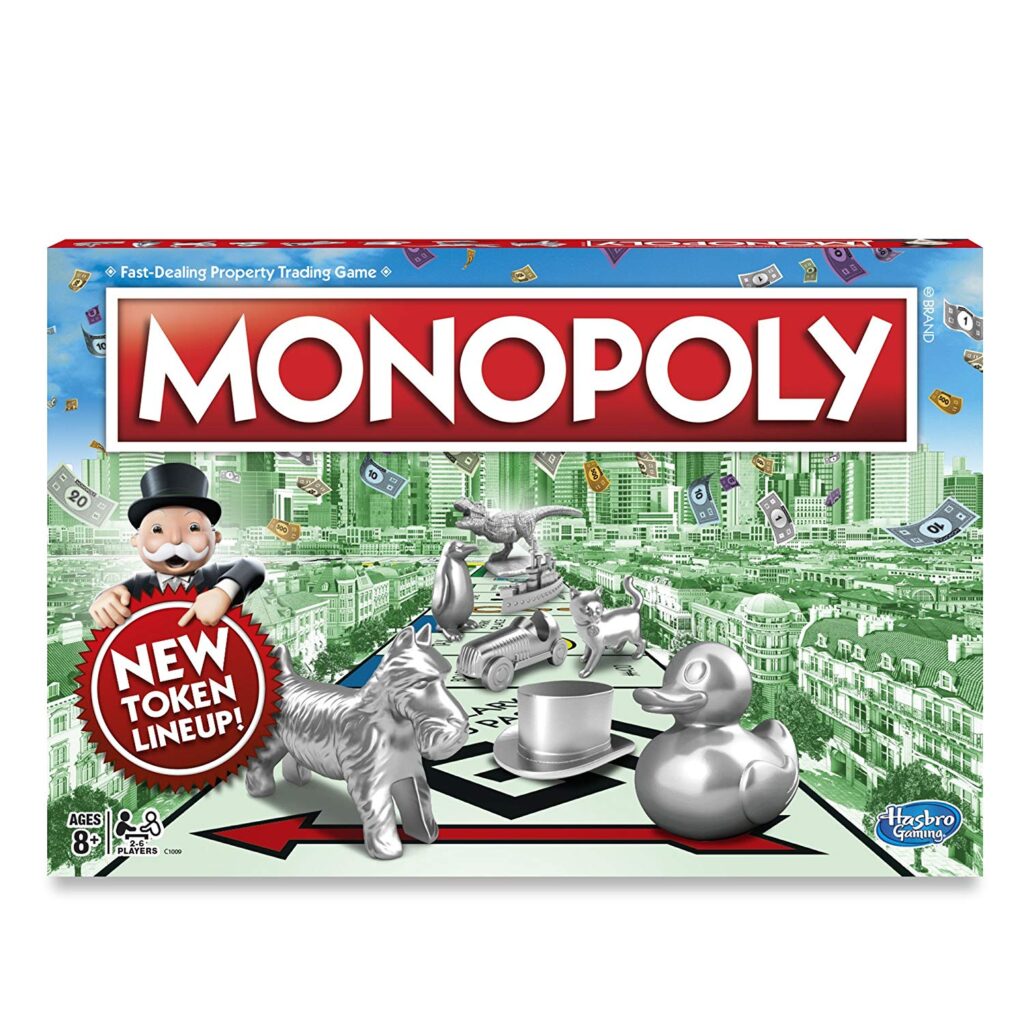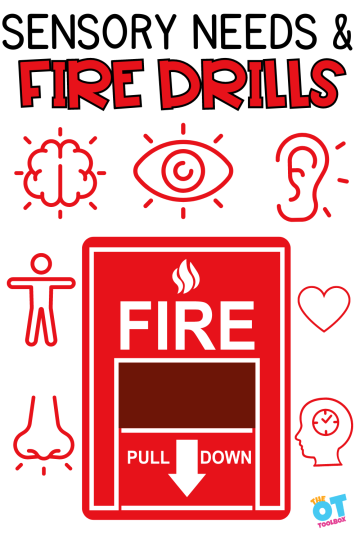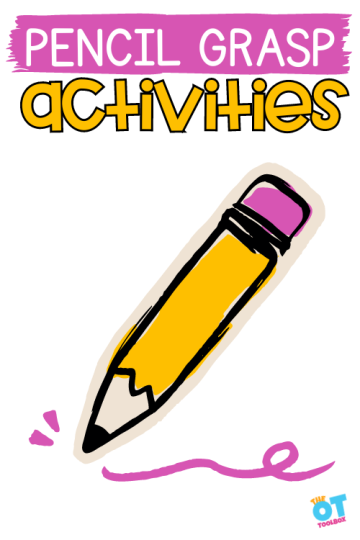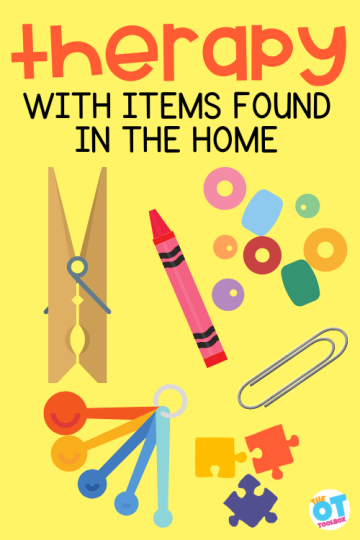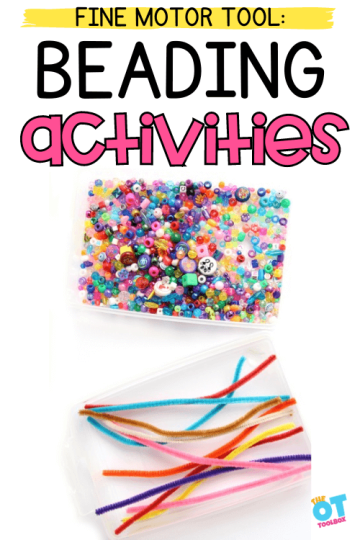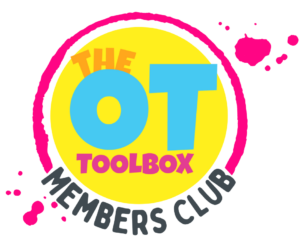You may be wondering how to teach foresight. Or, maybe you are wondering what foresight is and how it impacts functioning and executive functioning skills. Here, we’ll cover how to teach foresight and other important executive functioning skills through play.
What is Foresight
Foresight is the ability to predict future actions and the act of planning ahead as a result of forward thinking. Difficulty with foresight is a hallmark of those with executive function disorder, but it’s also an executive functioning skill that kids develop over time. Teaching foresight to kids can be easy with a few games and activities, and it can make a difference in strengthening this and other executive function skills.
Helping kids to develop foresight can be a means for teaching consequences. we all have to make decisions with either good or bad results. Having foresight can help us predict and make a better choice!
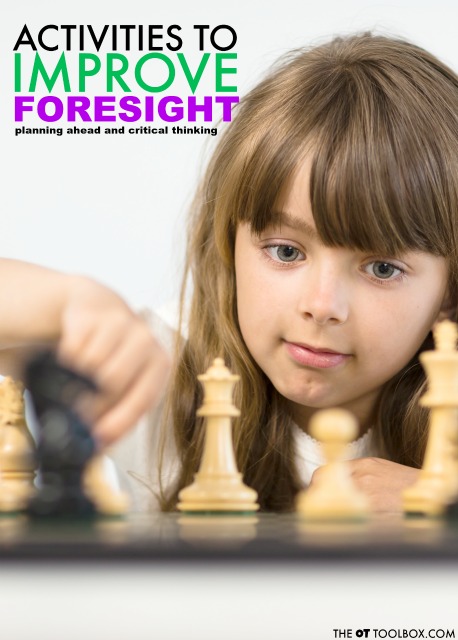
When a child learns to think using foresight, he or she will be able to more independent in tasks such as schoolwork, self-care, and safety in all situations.
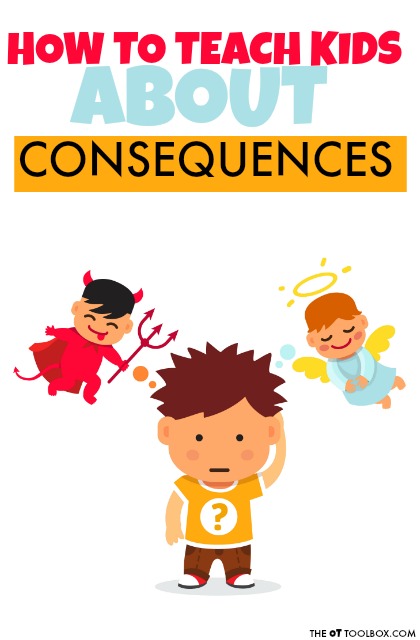
How to Teach Foresight
We’ve explained that foresight is an executive function skill. In fact, the ability to look ahead and use the skill to plan out a task or to accommodate for situations that may occur is an executive functioning skill that works so closely with other EF skills.
Foresight is connected to other executive functioning skills such as planning and prioritization, impulse control, working memory, and attention for example.
Here are strategies to help the adult with executive function disorder. Many of these tips and strategies are great for teens as well.
Foresight in kids looks like:
- Matching clothing to the weather when getting dressed
- Thinking to bring an umbrella on a day that seems cloudy and grey
- Having all materials needed for the classroom
- Clearing the dinner table without being asked
- Remembering to feed a family pet because he or she is always hungry at the same time each day…and alerting a parent when the pet food is almost gone
- Looking both ways before crossing the street
You can see that foresight is a skill used in everyday tasks, all day long!
It’s important to recognize that foresight in kids is not a given. In the toddler years and preschool years, children have little foresight. They are very scattered in their thoughts and often do not think ahead or think of others. Toward the end of the preschool years and in early elementary years, foresight begins to develop.
Development of Foresight
Development of foresight continues to grow and strengthen but only through practice and repetition. In those with executive function disorder AND every typically developing child, practice and repetition of foresight is necessary.
Below are activities and games to improve foresight and thinking ahead. Use these games and activities with those with executive function disorder and any child with whom would benefit from practicing foresight.
Activities to Teach Foresight
Amazon affiliate links are included in the list below.
- Encourage self-talk. Kids can talk themselves through a difficult or complex task.
- Teach kids to make lists.
- Talk about what to take on a trip to the beach versus a trip to the mountains.
- Play imagination games.
- Talk about how to plan for emergencies.
- Write down what happened at the end of the day. Note strategies or coping skills that worked and what didn’t work. (The Impulse Control Journal can help with this journaling on a daily basis.)
- Discuss logical thinking in events or tasks- When you’re pretend games, encourage the child to ask themselves, “If I do this, then my we will do that.”
- Talk about budgeting and saving money for things they would like to purchase.
- Play Mastermind– This game encourages thinking ahead to solve a code. There are only so many chances to guess the answer, and choosing pieces require foresight and insight.
- Discuss everyday tasks with kids and talk about the steps that need to be done. This could include anything from washing dishes to feeding a pet.
- Play the game, Clue. Clue is a board game that encourages logical thinking and critical thinking to solve a mystery. For younger kids, try Clue Jr. to solve the mystery of who ate the missing piece of cake.
- Build with blocks.
- Play Chutes and Ladders– The game shows pictures of actions and consequences.
- Tell stories that build on each other.
- Play cause and effect games.
- Play Ticket to Ride– In this board game, players must plan ahead for a certain trip and use foresight in practice to make decisions based on their game pieces, cards, and actions of other players.
- Play Tetris– This is the puzzle version of the old video game from our childhood but with a hands-on approach. Kids can look at the space available and use foresight to position various pieces while keeping other game pieces in mind.
- Play checkers and chess.
- Play Monopoly– This game promotes foresight and the use of critical thinking skills to plan moves, purchases, and use of money.
- Plan meals for the week.
- Set goals and talk about how to reach those goals.
- Try writing things down! The Impulse Control Journal is just the tool to help with outlining strategies that work and don’t work in decision making while strengthening executive functioning skills.
More ways to work on executive functioning skills and those issues that present in executive function disorder:
- Task Initiation Strategies
- Activities to Improve Working Memory
- Organization Activities
- Attention Activities and Strategies
- How to Help Kids Learn Impulse Control
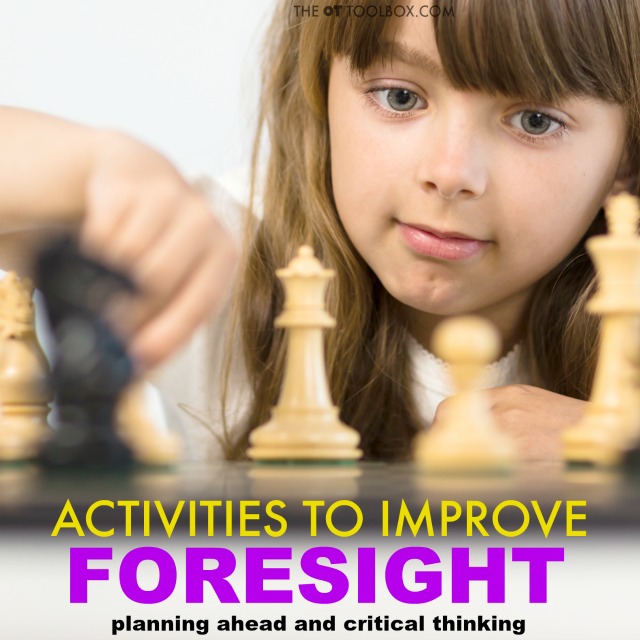
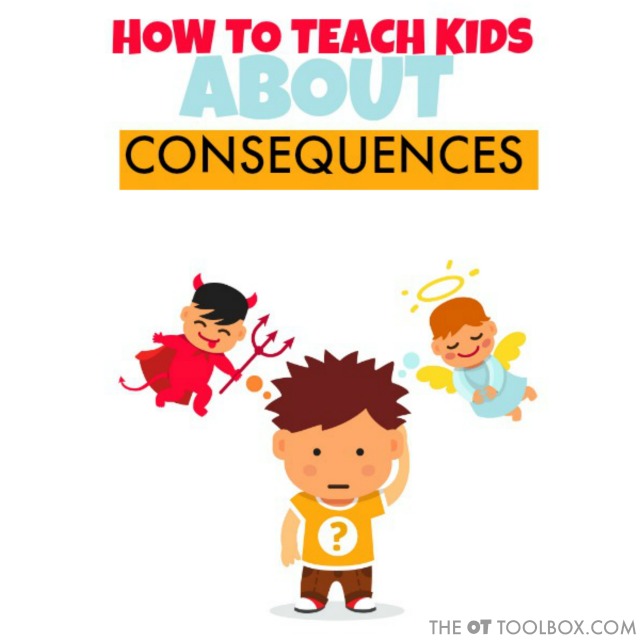
Want to really take executive function skills like foresight to the next level of success? The Impulse Control Journal is your guide to addressing the underlying skills that play into trouble with planning and prioritization.
The journal is an 80 page collection of worksheets and prompts to discover what’s really going on behind executive functioning skills like planning, organization, prioritization, working memory, and of course, impulse control.
While the guide was developed for students of all ages, this printable workbook is perfect for adults, too. It can help you discover strategies that make a real impact for all of the skills needed to get things done.
Here’s the thing; Everyone is SO different when it comes to struggles related to executive functioning and everyone’s interests, needs, challenges, strengths, and weaknesses are different too. All of these areas play into the challenges we see on the surface. And, this is where the Impulse Control Journal really hits those strengths, weaknesses, and challenges where it matters…in creating a plan that really works for kids of all ages (and adults, too!)
Check out the Impulse Control Journal, and grab it before the end of February, because you’ll get a bonus packet of Coping Cards while the journal is at it’s lowest price.
- 30 Drawing Journal Pages to reflect and pinpoint individual strategies
- 28 Journal Lists so kids can write quick checklists regarding strengths, qualities, supports, areas of need, and insights
- 8 Journaling worksheets to pinpoint coping skills, feelings, emotions, and strategies that work for the individual
- Daily and Weekly tracking sheets for keeping track of tasks and goals
- Mindset, Vision, and Habit pages for helping kids make an impact
- Self-evaluation sheets to self-reflect and identify when inhibition is hard and what choices look like
- Daily tracker pages so your child can keep track of their day
- Task lists to monitor chores and daily tasks so it gets done everyday
- Journal pages to help improve new habits
- Charts and guides for monitoring impulse control so your child can improve their self confidence
- Strategy journal pages to help kids use self-reflection and self-regulation so they can succeed at home and in the classroom
- Goal sheets for setting goals and working to meet those goals while improving persistence
- Tools for improving mindset to help kids create a set of coping strategies that work for their needs

Colleen Beck, OTR/L has been an occupational therapist since 2000, working in school-based, hand therapy, outpatient peds, EI, and SNF. Colleen created The OT Toolbox to inspire therapists, teachers, and parents with easy and fun tools to help children thrive. Read her story about going from an OT making $3/hour (after paying for kids’ childcare) to a full-time OT resource creator for millions of readers. Want to collaborate? Send an email to contact@theottoolbox.com.

